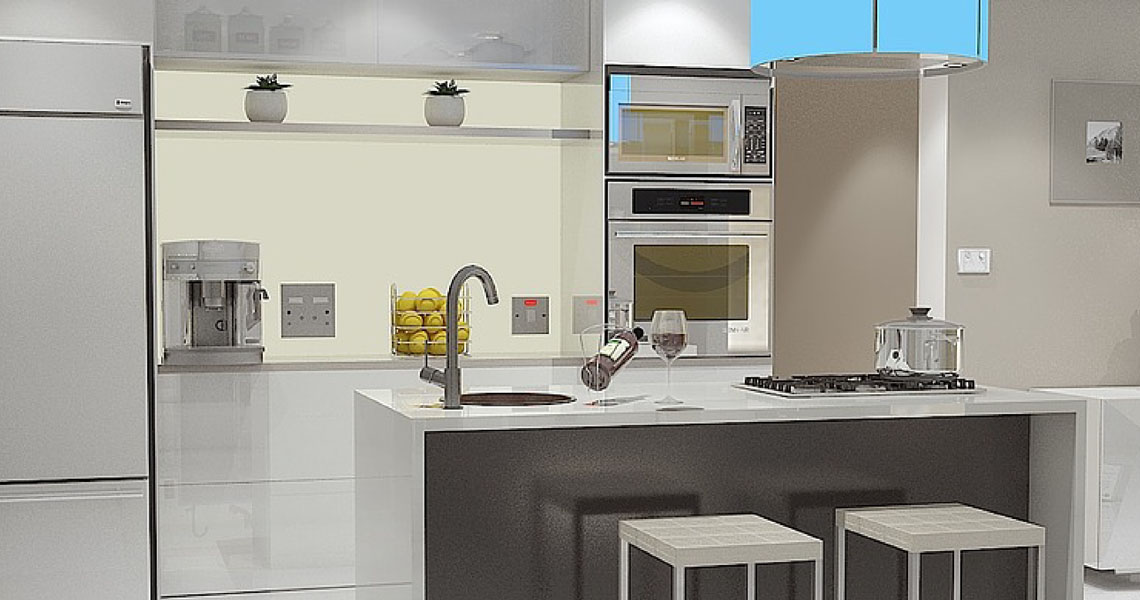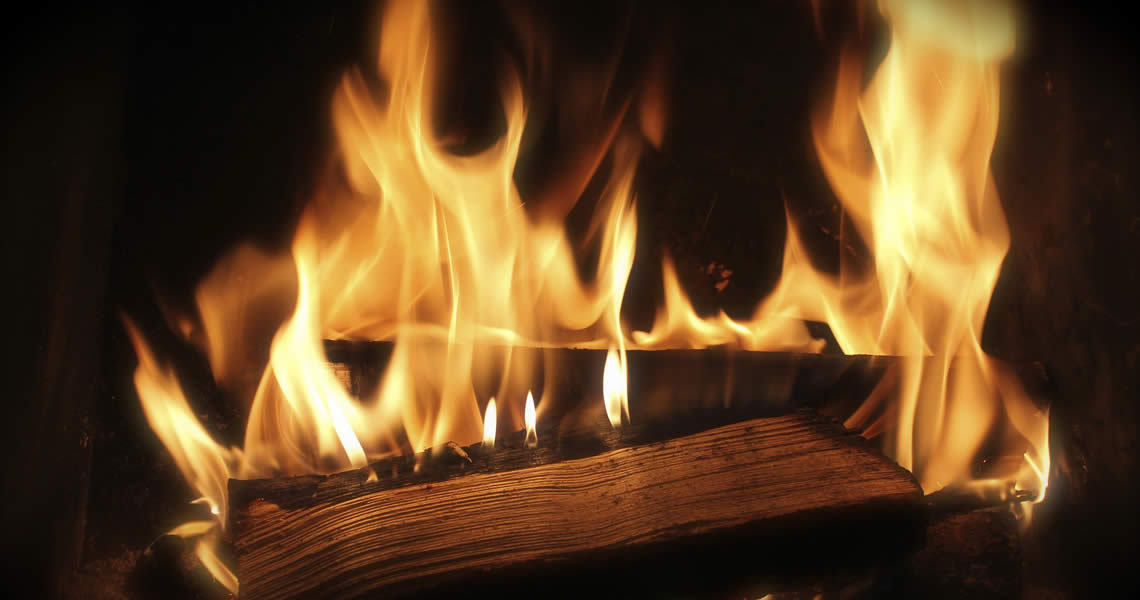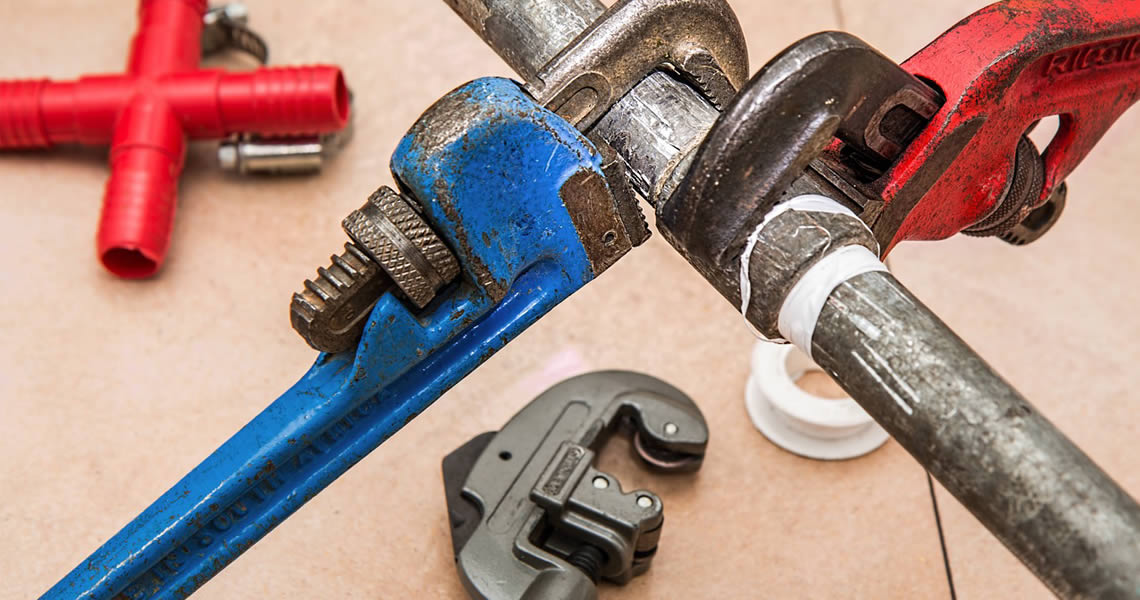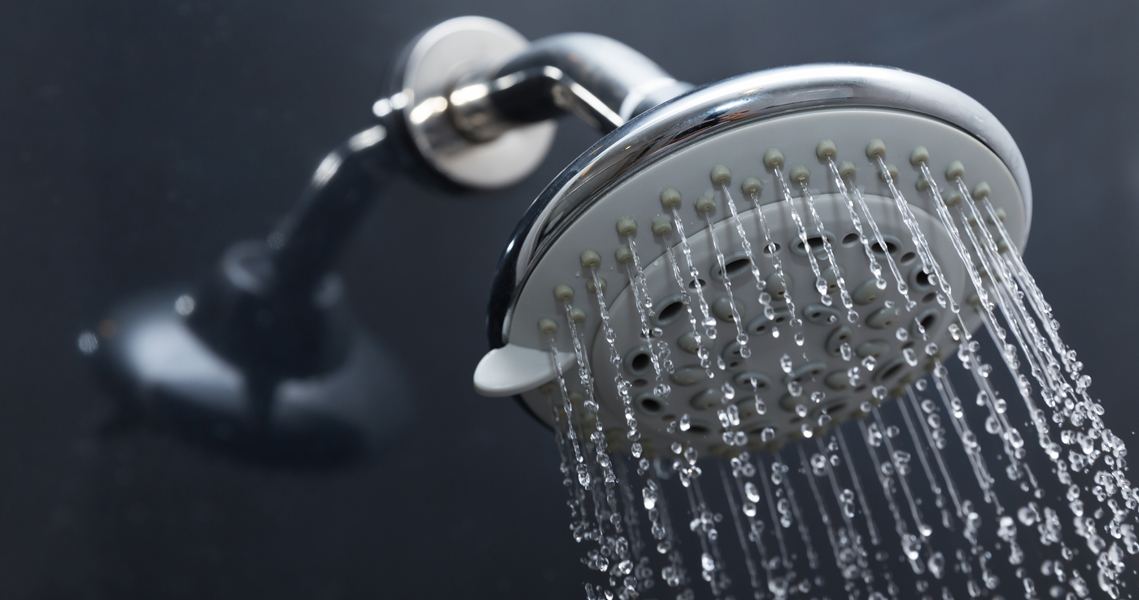Kitchen renovations are as hard or as easy as you make them, but having a plan means any renovations, no matter how big or small, will definitely be on the easier side.
If you’re about to embark on a kitchen renovation, there are a few things it’s important to know.
Ask yourself:
- Why am I doing this renovation?
- What result do I want to achieve?
- And where will my plumbing, electric and/or gas go?
Knowing why you’re starting on the project and what result you’re after is a big step towards a seamless kitchen renovation. A plan will also keep you focused, especially when all the shiny things start catching your eye, or a ‘quick change’ to the plan looks like a good idea!
Budget, layout, process
If you’re budget conscious, set your limit first then plan your kitchen renovations to come within your set budget. Alternatively, create the vision of what you want your kitchen to look like and then cost it out. Either way, there are important things that need to be considered for accuracy to be guaranteed:
- Existing utilities:Your kitchen will have existing pipework, but will you need more? Every kitchen has a sink, but do you want to move the sink to another wall or island? Moving your existing services will be the most expensive option but is often worth it for a beautiful, user-friendly workspace.
- Going gas: A lot of people use the opportunity of renovating a kitchen to switch from electric supply to gas for cooking and water heating. Consult your plumber for advice.
- Tapware and appliances: There are so many different options when it comes to appliances – dishwasher or dish drawer – and taps – standard, mixer, multi-function? Multi-function taps combine your standard hot and cold-water functions with either boiling, filtered or sparkling water options – or all the above.
- Overall style: Consider colour, shape, and quality of tapware and appliances as cheaper versions may be better on your wallet in the shot-term but far more expensive in the long run. Cheap tapware can also cause problems with water pressure.
Tips for a smooth renovation
Take it upon yourself to know what is happening throughout the renovation process daily and be aware of any removals or installations that may interfere with your existing pipework. Damaged pipework can cause delays or problems down the line when leaks (big or small) wreak havoc.
Whether you’ve left it to the builder to bring in contractors or you’ve hired them yourself, make sure you’re dealing with a qualified tradesperson who has a current license. It will also pay to do your own research – check their website, Facebook and Google for reviews and evidence of the quality of their work. Kitchen renovations aren’t cheap, so you want to be confident you’re getting value for money.
The qualified team at iPlumber can advise you on your kitchen renovation or build and quote any work you may need doing.








